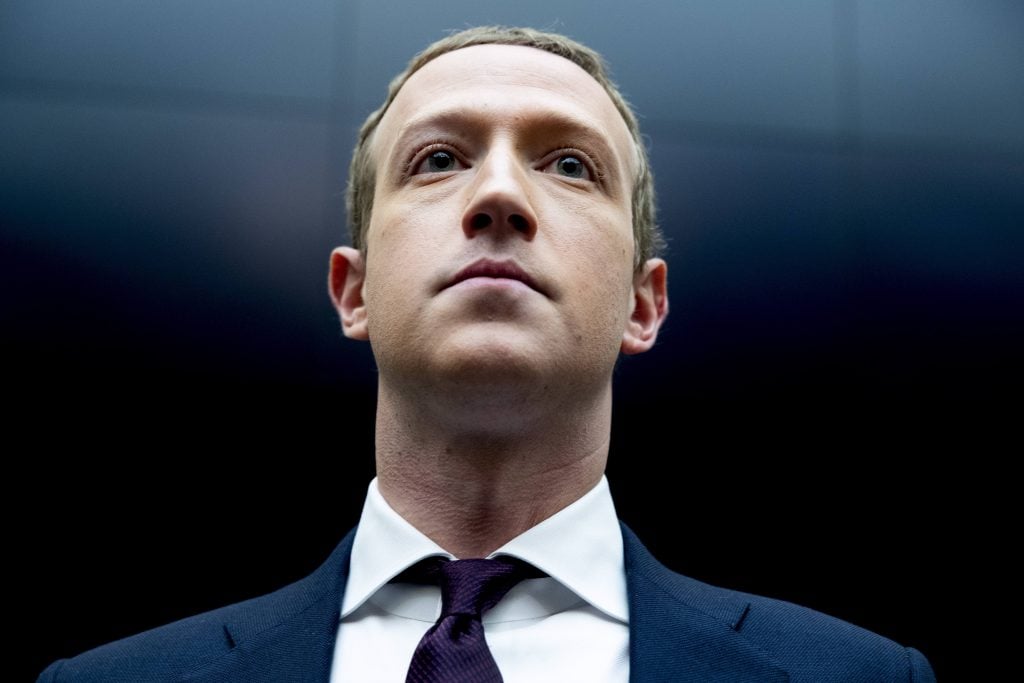The Trump administration’s attitude to saving big US tech firms from anti-trust actions is being tested with a US court examining a possible breakup of Meta. A Washington district court is considering whether Meta’s acquisition of Instagram in 2012 and WhatsApp in 2014 represents a monopoly and, if so, whether the companies should be separated. This is the second time the US Federal Trade Commission has taken aim at Meta on this issue.
An earlier action during Mr Trump’s first presidency ended with the court throwing out the case, saying it was legally insufficient. Mr Trump’s more interventionist attitude toward the US courts this time around, and his willingness to offer preferential treatment to companies that tow the line could come into play. Meta’s founder Mark Zuckerberg had a shaky relationship with Mr Trump during his first presidency and afterwards.

Trump was banned indefinitely on Facebook and Instagram for inciting violence and his support for rioters during the January 2021 riots in Washington. The suspension was ended in 2023. This time around, Mr Zuckerberg has been busy courting the new Trump administration with reports of frequent visits to the White House and relaxation of content policy rules.
Mr Zuckerberg does not enjoy the influence of rival tech entrepreneur Elon Musk and whether Mr Trump will go out of his way to help Mr Zuckerberg remains to be seen. Nevertheless, The Financial Times reports that Mr Trump’s FTC chair Andrew Ferguson was in the court room on Monday observing proceedings. An intervention may be unnecessary given the apparent mixed feelings about the current Federal Trade Commission case.
The FTC cites Facebook’s acquisition of Instagram and WhatsApp as a monopoly that has allowed Meta to build “a moat” in the social media market that stifles rivals. It says Meta used its monopoly power in 2012 to blunt Instagram’s fast growth to avoid Facebook’s network collapsing. It says Meta’s anti-competitive behaviour harms consumers and the company’s operation is riddled with privacy failures.
Meta cites the rise of rival TikTok as contrary to a monopoly. In Japan meanwhile, Meta rival Google has faced monopoly accusations and has been issued a cease-and-desist order following demands it made to Android manufacturers to give preferential treatment to its search engine. The Japan Fair Trade Commission found that since July 2020, Google asked at least six manufacturers to give preference to Google’s Search app and Chrome browser on its initial screen and to not install the apps of rivals.
The commission said Google had given guarantees to rebate part of its search revenue to five business partners, Nikkei Asia reports..
Technology

Meta Breakup Bid Is A Test For Donald Trump

The Trump administration’s attitude to saving big US tech firms from anti-trust actions is being tested with a US court examining a possible breakup of Meta. A Washington district court is considering whether Meta’s acquisition of Instagram in 2012 and WhatsApp in 2014 represents a monopoly and, if so, whether the companies should be separated.... Read More














